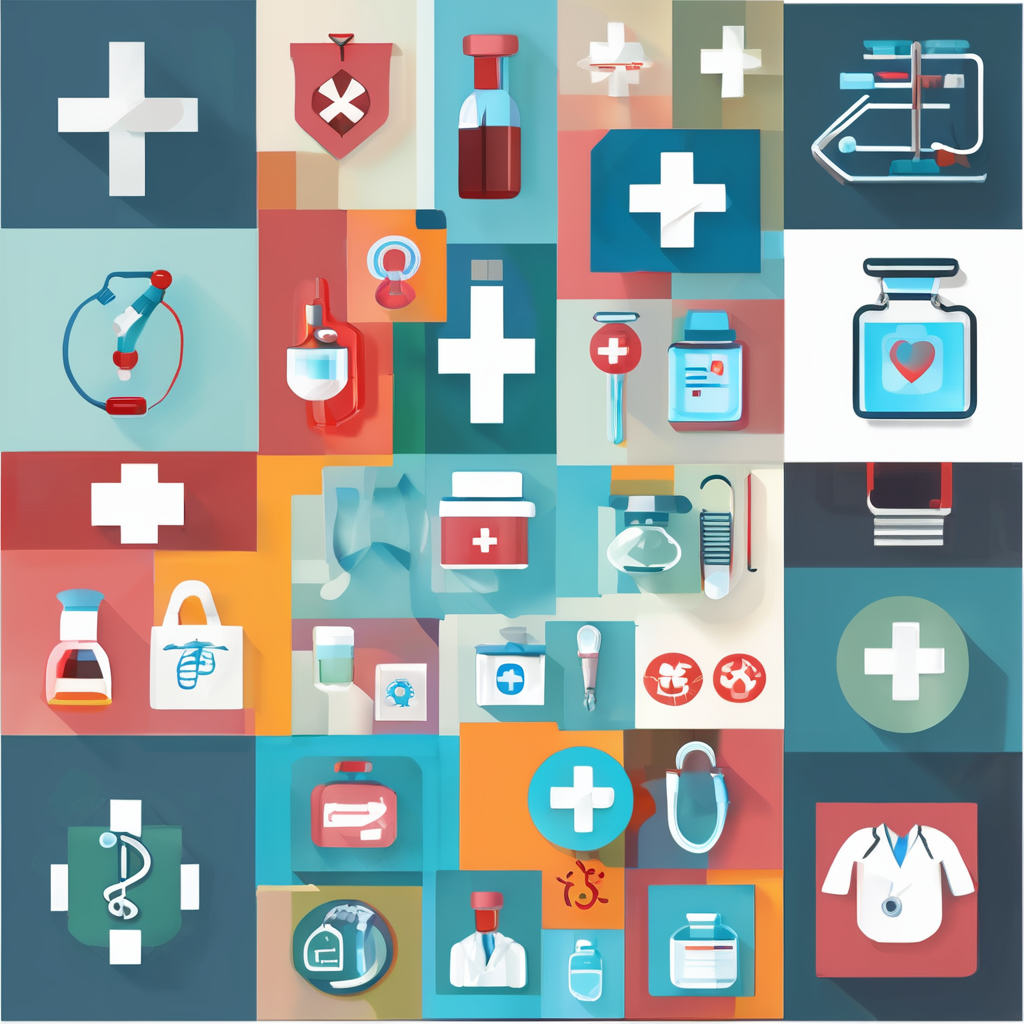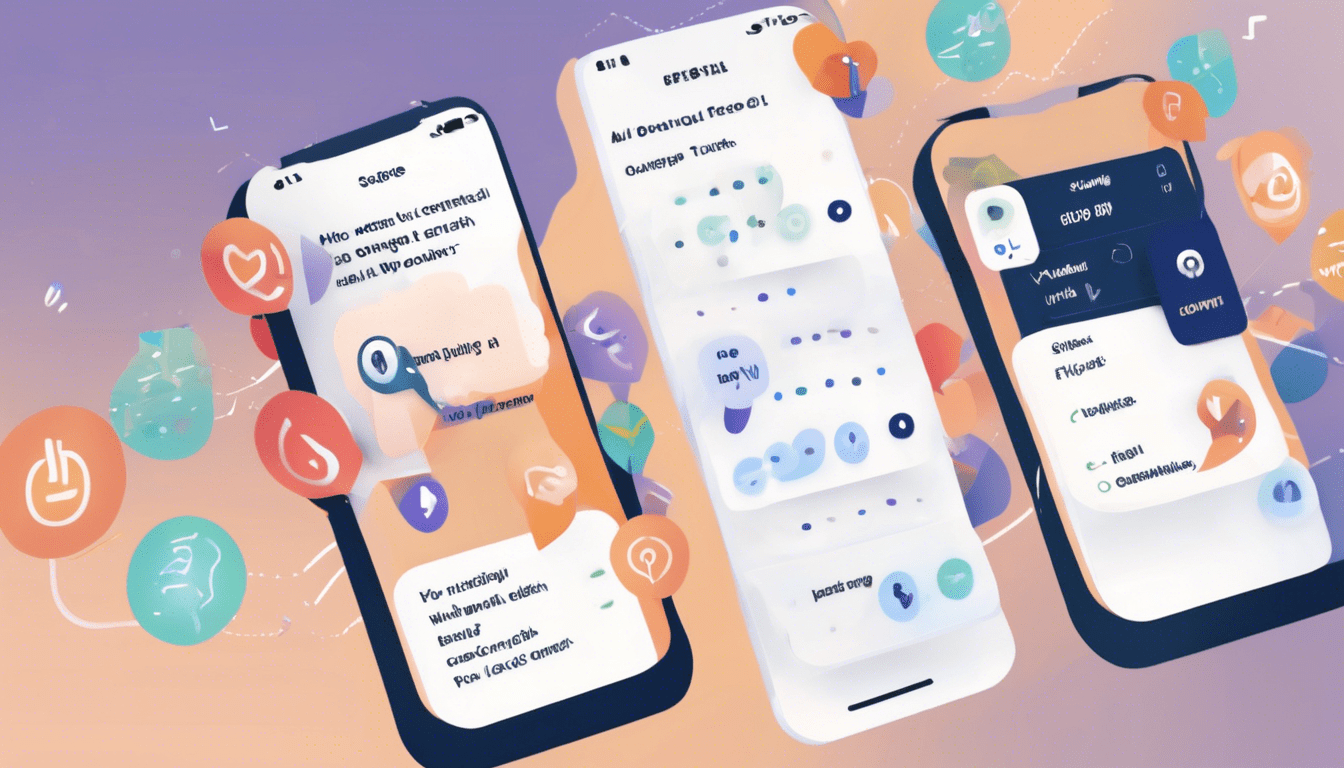A well-designed no contact app can be a vital tool for emotional healing and personal growth. By offering features like contact control, mood tracking, and motivational support, these applications help individuals regain clarity and resilience after a breakup. Understanding what makes an app effective—beyond basic blocking—can empower users to harness technology for meaningful recovery and self-improvement.
Core Features of No Contact Apps for Healing and Growth
Small but crucial details in No Contact App Features can significantly aid emotional recovery. One key element is the ability to block and control contact. By preventing unwanted calls, texts, or social media messages, these apps create a safe space that reduces triggers and minimizes emotional setbacks. This functionality empowers users to maintain boundaries without constant manual effort, which is essential for consistent progress.
Also read : Explore healing: find a trusted london psychotherapist today
Another pivotal No Contact App Feature is the reminder system. Consistency is vital when following the no contact rule, so reminder alerts help individuals stay committed by prompting them at strategic intervals. These reminders reinforce motivation and encourage reflection on personal goals, making it less likely for users to accidentally break their boundaries during vulnerable moments.
Equally important are the emotional healing tools such as journaling and mood tracking. These features allow users to record daily thoughts and feelings, providing tangible insights into their recovery journey. Monitoring moods over time highlights patterns and emotional triggers, helping individuals adjust coping strategies proactively. Together, these tools offer a comprehensive support system that fosters self-awareness and promotes sustained healing and growth.
Also read : Unearth the Top Herbal Teas for Boosting Digestive Health!
Supportive Tools for Personal Growth and Emotional Resilience
Enhancing your journey with empowering resources
When navigating emotional challenges, self-help resources serve as crucial pillars for fostering personal growth and emotional resilience. Growth support tools offer practical methods to build strength from within, guiding you through healing processes in a structured and accessible way.
Motivational Messages and Affirmations
Motivational messages and affirmations are among the most impactful growth support tools. These tools work by reinforcing positive thinking patterns, helping to combat doubt and negativity that often accompany difficult times. Consistent exposure to affirmations encourages the mind to internalize empowering beliefs, which builds resilience over time. For example, repeating affirmations such as “I am worthy of healing” can enhance self-esteem and motivation, essential aspects of personal growth.
Guided Journaling and Reflection Options
Guided journaling is another highly effective self-help resource designed to cultivate insight and emotional clarity. Rather than unstructured writing, these growth support tools provide prompts that encourage deep reflection on feelings, experiences, and goals. This method supports users in processing complex emotions safely and systematically. Over time, journaling can reveal patterns and triggers, enabling proactive emotional management and stronger resilience. Regular reflection also nurtures mindfulness, grounding you in the present moment as you foster growth.
Educational Content for Healing Strategies
Educational content is critical within the self-help resources realm, offering users foundational knowledge about emotional wellbeing and proven healing strategies. Growth support tools in this category may include articles, videos, or interactive modules explaining topics like cognitive behavioral techniques, stress management, and healthy communication. Accessing such content empowers individuals to make informed choices about their healing journey. With a deeper understanding, users can apply strategies effectively and confidently, accelerating personal growth and emotional resilience.
Incorporating these growth support tools into daily life provides a comprehensive framework for healing. Motivational messages boost confidence, guided journaling deepens emotional insight, and educational content equips with practical strategies. Together, they form a robust support system for overcoming challenges and fostering lasting well-being. For individuals seeking an all-in-one solution, a no contact app offers many of these tools streamlined in one accessible platform. This makes it easier to remain consistent and engaged with your personal growth efforts.
Tracking Progress and Monitoring Emotional Well-Being
Understanding the journey through data and insight
Effective progress tracking and emotional monitoring are essential components in managing personal growth and healing. Visual dashboards serve as a powerful tool, presenting your emotional state over time in an accessible, clear format. These dashboards help you identify trends, such as improvements in mood or recurring periods of distress, enabling you to observe how your emotional well-being evolves.
Analytics play a critical role by breaking down your responses to specific triggers. This detailed insight allows you to recognize patterns—whether certain situations consistently provoke anxiety or moments of calm—which is invaluable for tailoring your coping strategies. Understanding triggers on this level promotes more informed decision-making and strengthens your emotional resilience.
Additionally, feedback and encouragement based on your input offer motivation and support. Whether you need a reminder of your progress or gentle nudges toward beneficial practices, this personalized interaction fosters a proactive and optimistic mindset. Tools like the no contact app reinforce this feedback loop, ensuring you remain engaged and empowered in your healing journey.
By combining progress tracking with comprehensive emotional monitoring, individuals can gain a clearer picture of their mental health trajectory. This clarity facilitates focused effort, guided adjustments, and sustained improvement, making the healing process more approachable and effective.
Practical Insights into App Effectiveness and User Experience
Understanding the effectiveness of a no contact app begins with examining detailed app reviews that highlight real-user experiences and satisfaction levels. These reviews consistently emphasize the app’s ability to maintain boundaries, support emotional healing, and provide practical tools that automate communication blocks. Users frequently praise how the no contact app simplifies the challenging process of cutting contact, making it more manageable and less emotionally taxing.
In terms of user experience, a successful no contact app typically features a clean, intuitive interface designed to reduce user frustration. Effective notification controls, easy customization options, and seamless integration with contacts are key factors that elevate the usability of such apps. For example, the ability to personalize restrictions—such as blocking calls, texts, and social media interactions—ensures users can tailor the app’s functionality precisely to their needs.
Effectiveness is also measured by how well the app supports long-term goals, like preventing relapse into communication with an ex-partner. The best no contact apps provide not only technical barriers but also motivational reminders and insights, reinforcing the user’s commitment. This holistic approach improves adherence and ultimately promotes healing.
When considering an app’s success, it’s important to analyze multiple app reviews that mention these key elements—user-friendly design, comprehensive communication blocking, and supportive features—since they collectively determine how effective and satisfying the no contact app will be in practice.
Additional Resources Supporting Healing and Growth
In the journey toward recovery, having access to diverse resources for healing plays a crucial role. Personal development tools that provide expert advice and practical mental health tips can empower individuals to take meaningful steps each day. For example, expert-guided mindfulness exercises or stress management techniques often help manage anxiety and build emotional resilience — essential components of effective healing.
Community support features or forums are another powerful resource for healing. Engaging with peers who share similar experiences creates a supportive environment where users feel understood and less isolated. These platforms often promote sharing coping strategies and success stories, which can inspire continued progress and foster a sense of belonging.
Complementary therapies such as yoga, meditation, or art therapy can also enhance personal development tools by addressing both mind and body wellness. Integrating these practices alongside traditional methods enriches the healing process, offering holistic care. Exploring these options allows individuals to customize their approach to recovery according to their unique needs.
For those navigating complex emotional challenges, tools like the no contact app provide an additional layer of support. This app, for instance, helps users maintain healthy boundaries while accessing resources tailored for healing and growth. Combining technology with expert advice and community interaction creates a comprehensive support system that promotes long-term well-being.





